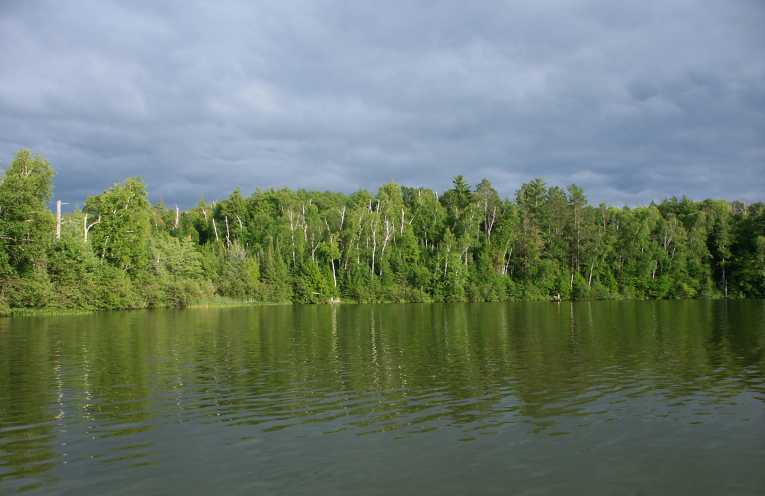Ecosystems are notorious for showing only gradual changes, before a tipping point throws them into a completely new phase. And much conservation work is focused around avoiding those sudden shifts, keeping the ecosystem diverse and robust - and hopefully stable. But with shifts often accelerating all too rapidly, it would be helpful if ecologists could predict an impending tipping point before it was at hand. That is the promise thrown up by research at a Wisconsin lake, published in Science today - which describes how scientists can pick up signals of an ecosystem wobbling.
Researchers in other areas that deal with complex systems - such as stock markets or brains undergoing seizure - have already discovered a curious precursor to such imminent collapses. One or more variables in the system start to show a definite up-tick in 'variance' - which is the measure of the levels of fluctuation of some feature of the system - like brain waves or market indexes.
This often shows up long before a sudden change in the system at hand, but has not been proven uncategorically for cases in the natural world. Now a group of ecologists, directed under the Cary Institute of Ecosystem Studies, have applied those same principles to monitor how the ecosystem of the lake shifted as new predators were introduced - and they have indeed seen the oncoming tipping point in the rising variance of the lake's chlorophyll.
The lake chosen for this three-year long study was previously in a stable-state, with populations of small golden shiner fish dominant. These feasted on a host of tiny invertebrates that were free swimming all over the lake. In order to introduce change to the study lake, a small number of large predators were then added to the mix - largemouth bass. These predators placed their dining attentions very firmly on the preexisting golden shiners.
It was anticipated that the bass would cause the ecosystem of the lake to flip over - into one dominated by a few top predators. And that's exactly what happened. The smaller fish were rapidly diminished in numbers by the bass, and took to hanging near the shore's edge in small groups. That left the invertebrates free to expand, and these became larger, and more dominant, in the open lake. By the end of the period, the lake's ecosystem had indeed tipped into a new state.
But over this period, a huge quantity of information was recorded on what was going on in the lake - including data on the biological, chemical and physical health of the lake. It was hoped that the team would find one or more factors that would flag up the imminent change. And, up to a year before the previous system was completely usurped, the levels of chlorophyll were indeed showing tell-tale signs of an increasing fluctuation.
Stephen Carpenter, University of Wisconsin-Madison professor of zoology sees this as an ecological breakthrough. ''For a long time, ecologists thought these changes couldn't be predicted,'' he said. ''But we've now shown that they can be foreseen. The early warning is clear. It is a strong signal.''










